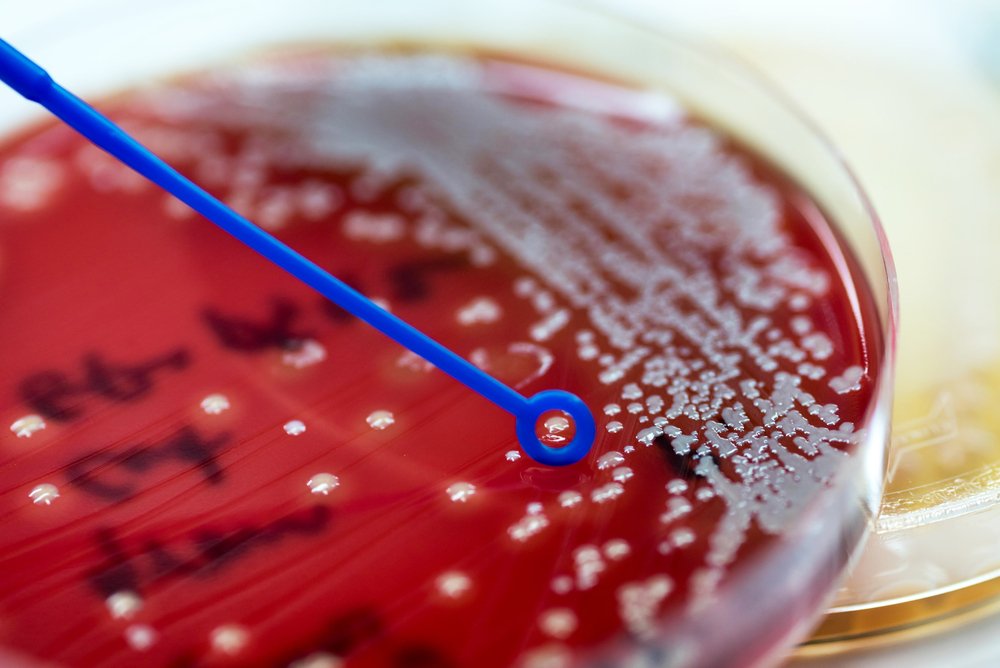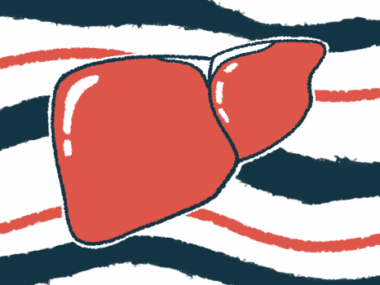Change in Intestinal Fungus Mix May Contribute to Alcoholic Liver Disease, Study Reports
Written by |

Alcohol alters the intestines’ fungus mix, and the imbalance may contribute to the development and progression of alcoholic liver disease (ALD), a study reports.
Researchers said the findings suggest that it may be possible to slow the progression of ALD by adjusting the balance of the fungal species in a patient’s intestine.
The study, “Intestinal fungi contribute to development of alcoholic liver disease,” was published in the Journal of Clinical Investigation.
Normal intestines contain a mix of bacteria and fungi. Disruptions in the balance are associated with disease.
Previous studies have linked bacterial overgrowth in the intestines to ALD. In the current study, researchers used mouse models and studies of human to better understand the role of intestinal fungi.
Researchers found fungal imbalance in mice exposed to a lot of alcohol over eight weeks. The imbalance ws marked by an increase in the richness and diversity of fungal species.
There was also evidence of more fungi in the mice’s bloodstreams, a finding consistent with chronic alcohol consumption. High levels of alcohol consumption are often associated with a breakdown in the barriers between cells in the gut. The breakdown allows bacteria, fungi and other molecules to pass more easily between cells and enter the bloodstream.
Importantly, researchers discovered that the anti-fungal compound amphotericin B. helped prevent the changes in the mice’s fungal composition. Mice receiving amphotericin B were also less likely to develop severe ALD.
In the human studies, the research team compared the intestinal fungal compositions in patients who had abused alcohol with the compositions in healthy controls.
The study involved 27 people. As with mice, alcohol consumption disrupted the balance of fungal populations.
Researchers found a significant increase in a particular fungal species in alcoholic patients. Higher levels of the species were associated with a reduction in patients’ overall survival, they said.
Although the results are preliminary, they suggest that “manipulation of the intestinal mycobiome might be an effective strategy for attenuation of alcohol-related liver disease,” the researchers concluded.






